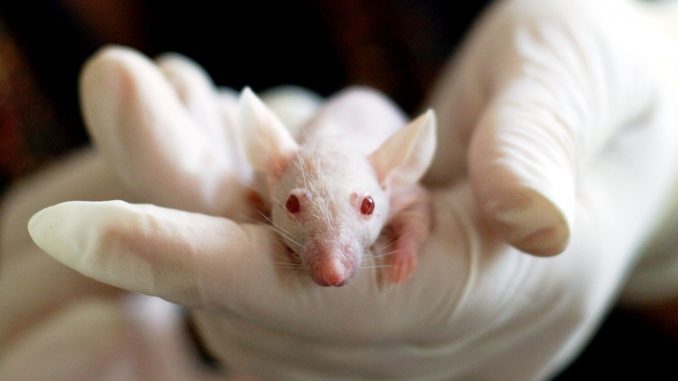
Opening Insights
New medical breakthrough could be used to help rape sufferers or soldiers with PTSD
Pocket Wisdom Insights (PWI) invites you to explore the following Co-Lab Blog.
This blog features parts of an influential and insightful article written outside of the PWI Co-Lab
by Andrew Gregory on February 19, 2017, published by Mirror.co.uk.
We have republished this content in respect of the author’s vision, message and research.
Informational Insights
It is the medical breakthrough which could cheer us up – boffins have found a way to banish bad memories for our brains forever.
In news that will be particularly good for England football fans, experts have developed a way to delete unwanted memories from the brain.
The process mirrors the storyline in the hit movie Eternal Sunshine of the Spotless Mind although it fails to bring happiness to Jim Carrey’s character.
University of Toronto experts have discovered that although there are millions of brain cells in the brain, only a handful are linked to bad memories.
And in groundbreaking studies on mice, they were able to pinpoint those brain cells associated with “fear or threat” memories – and delete them.
Crucially, the researchers found they could wipe away single, specific memories while leaving other memories intact.
The next step will be testing the treatment in people.
Prof Sheena Josselyn, who led the research, told the world’s biggest conference in Boston: “These findings offer proof-of-principle that treatments do not need to affect the entire body or even entire brain.
“Our results indicate that a critical component of a fear or memory may reside in a small portion of neurons and that treatments could be targeted to just these neurons.”
Memory is located in various parts of the brain.
But Prof Josselyn’s team found that neurons – the brain cells – that are encoded with “fear or threat” memories are in one part of the brain while other parts of the memory are elsewhere.
Working with mice in the lab, they targeted just those cells chemically – disrupting their ability to keep that unpleasant memory alive.
Prof Josselyn said: “Those neurons that we selected were hugely important to that memory, because genetically ablating just this small portion of neurons was sufficient to disrupt this specific memory, as if this specific memory had been erased.”
Erasing bad memories could eventually help rape survivors or returning soldiers suffering from PTSD.
Possibilities for Consideration
But there could be ethical hurdles. Some ethicists believe that deleting memories deletes a vital part of a person’s identity.
Take a moment and examine…
- As you reviewed the material above, what stood out to you?
- What is the potential impact, economically and/or socially?
- What action is needed to stop or support this idea?
- You may want to consider whether you:
- want to be aware of,
- should become supportive of,
- would want to be active in this topic?
Add Your Insight
I have been impressed with the urgency of doing. Knowing is not enough; we must apply.
Being willing is not enough; we must do.
LEONARDO DA VINCI
